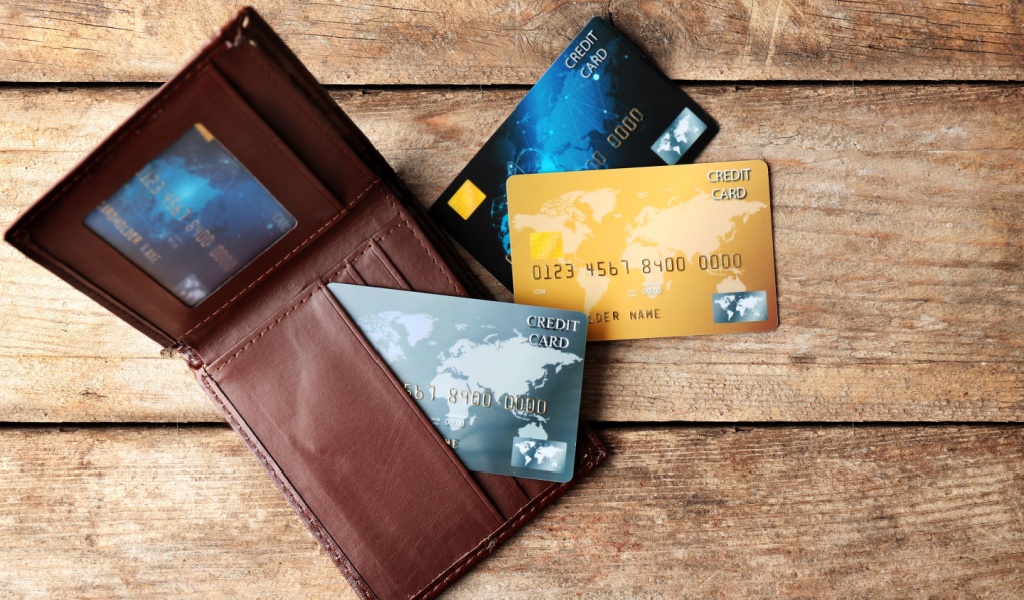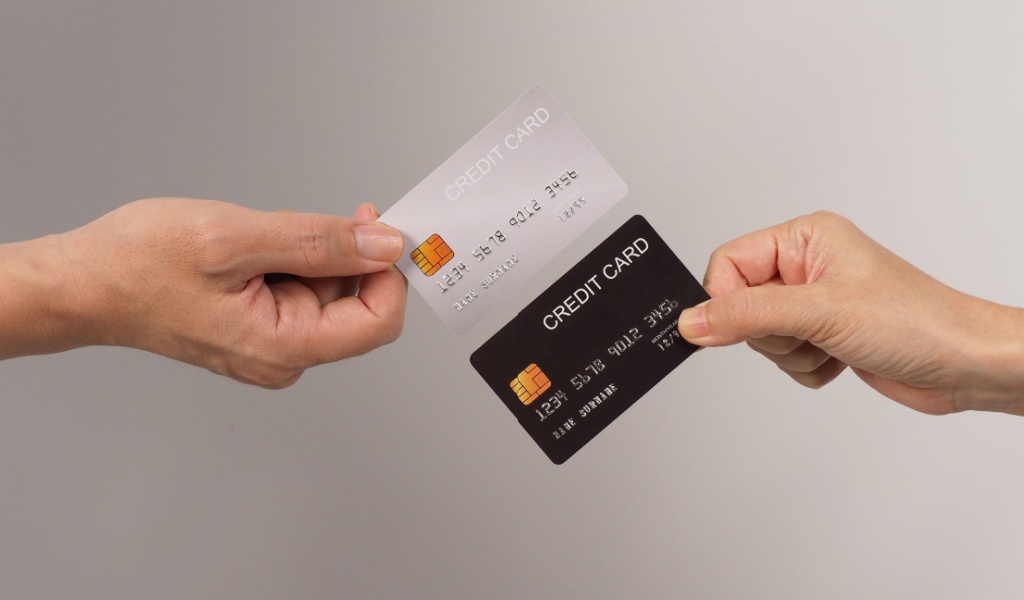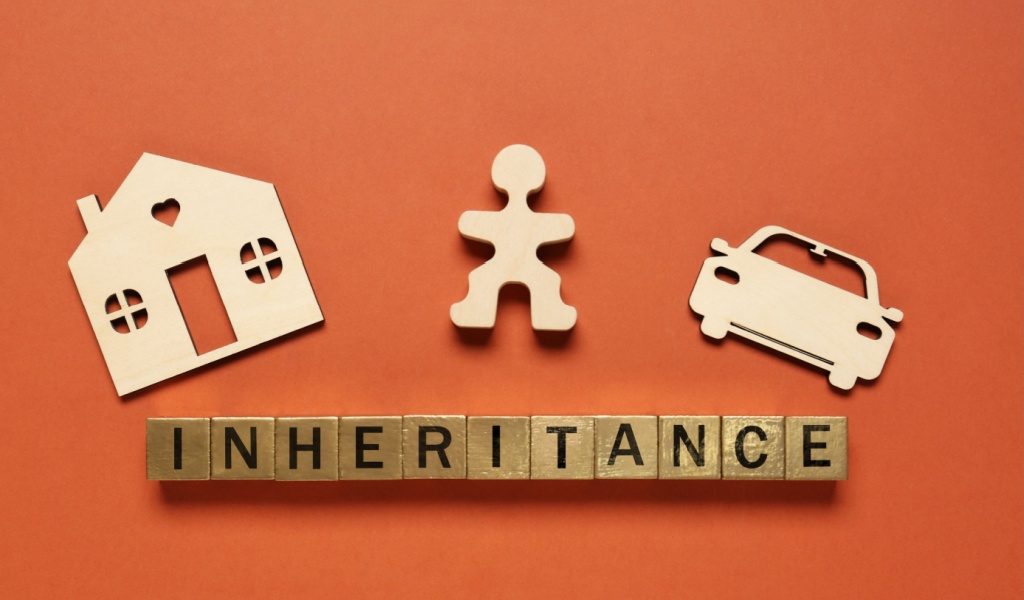Confused between swiping a credit or debit card? Don’t worry; we’re here to clear up any doubts about which type of plastic you should pull out!
Plastic currency has simplified life. No more carrying bundles of cash, counting coins at the counter, or worrying about exact change. However, the actual problem is to pick the best method of payment. Credit card or debit card? Which one is better?
Although both look the same in your wallet, credit and debit cards are financial opposites in many ways. Making the correct choice involves understanding the differences between building credit and managing money, earning rewards, and accumulating debt. So, let’s delve into the specifics to help you make the smartest swipe.

The Difference Between Credit Cards and Debit Cards
- A credit card allows you to borrow money from your card provider (up to a certain amount), which you can repay later. If the full amount is unpaid by the deadline, you must pay interest on the remaining balance.
- A debit card immediately deducts money directly from your bank account.
Both are widely recognized and are convenient. However, that’s where the similarities stop.
Credit Card: The Blade of the Borrower
A credit card is more than just a payment method. It’s a financial tool that, if used sensibly, can work wonders for your financial betterment. However, you will be stuck with high-interest debt if you misuse it.
Benefits of a Credit Card
- Provides incentives, cashback, and perks: Many credit cards offer cashback, travel points, discounts, fuel incentives, etc.
- Raises Your Credit Score: Making on-time payments and responsible usage get reported to credit bureaus, helping you establish a solid credit history, which is essential when applying for loans or mortgages.
- Improved Fraud Protection: If somebody uses your credit card fraudulently, you’re generally not held accountable beyond a minimal amount, and many cards provide zero liability.
- Protection of purchases & Warranties: Typical benefits include lost or damaged items, price protection, and extended warranties.
- Helpful in Emergencies: Credit cards can help pay for unforeseen costs, such as emergency travel or sudden repairs, when your bank balance is low.
Drawbacks of a Credit Card
- Risk of Debt Trap: Credit cards give the illusion of spending power. If you lack self-control, you could end up in a debt cycle.
- High Interest Rates: Carrying a balance? Be ready for APRs that can exceed 30%. That $50 dress could end up costing you $80 if you’re not cautious!
- Endless Charges: Annual charges, late payment charges, foreign transaction fees, cash advance fees, etc.
Debit Card: The Money Conscious Option
Debit cards keep it real. There’s no borrowing, no bills – you’re just using what you have in your bank account. They’re excellent for daily usage and budgeting beginners.
Benefits of a Debit Card
- Easy to Obtain and Use: No credit check is needed. You will automatically be issued a debit card if you have a savings account. It’s as easy as that!
- Aids in Budgeting: Every transaction is instantly recorded in your bank account, making monitoring and controlling expenditures easy.
- No Risk of Debt: You’re only using what’s in your bank account. So, there’s no risk of debt.
- Lower Fees: There is no interest and no annual charges. Overdraft fees are possible; however, they’re preventable with alerts or linked savings accounts.
Drawbacks of a Debit Card
- Doesn’t Build Credit Score: Debit card use isn’t reported to credit bureaus. So, while it keeps you debt-free, it doesn’t assist you in building credit.
- Fewer Rewards: While certain banks provide cash back or points on debit transactions, these programs are usually less generous than credit card programs.
- Minimal Fraud Protection: The Federal Reserve states that if your debit card is lost or stolen and not reported within a specific period, your losses could be substantial.
Expert Opinions
Experts agree that people frequently misuse credit cards because they treat them as income rather than a monetary tool. The trick is to treat your credit card like a debit card and never use more than you can afford to pay off by the due date.
According to finance professionals, understanding the difference between the two cards is paramount for handling debt and enhancing financial health.
Situational Swipe Guide for Credit vs. Debit Cards
| Situation | Top Pick |
| Improving credit | Credit Card |
| Shopping online or booking a trip | Credit Card |
| Large purchases with warranty requirements | Credit Card |
| Regular purchasing & budgeting | Debit Card |
| Keeping debt at bay | Debit Card |
| For a student or beginner to credit | First, a debit card, then a credit card with a low limit |
Use a debit card for regular expenditures such as groceries and transport. Reserve your credit card for purchases with benefits, and always pay the entire balance on time to prevent interest.
Which One Is Better?
In this case, there’s no clear winner. Both cards serve exclusive purposes:
- A credit card is the best choice if you have self-control and want to build credit or earn rewards.
- If you’re watching your spending and want to prevent debt, stick to your debit card.
In reality, most people use both cards strategically. The smartest swipe is the one that best suits your financial habits and long-term objectives!
All Set to Swipe Smarter?
No matter what card you use, the trick is understanding your spending style, setting limits, and monitoring your usage. Ultimately, don’t let plastic trap you into debt. Make it fit your needs.




